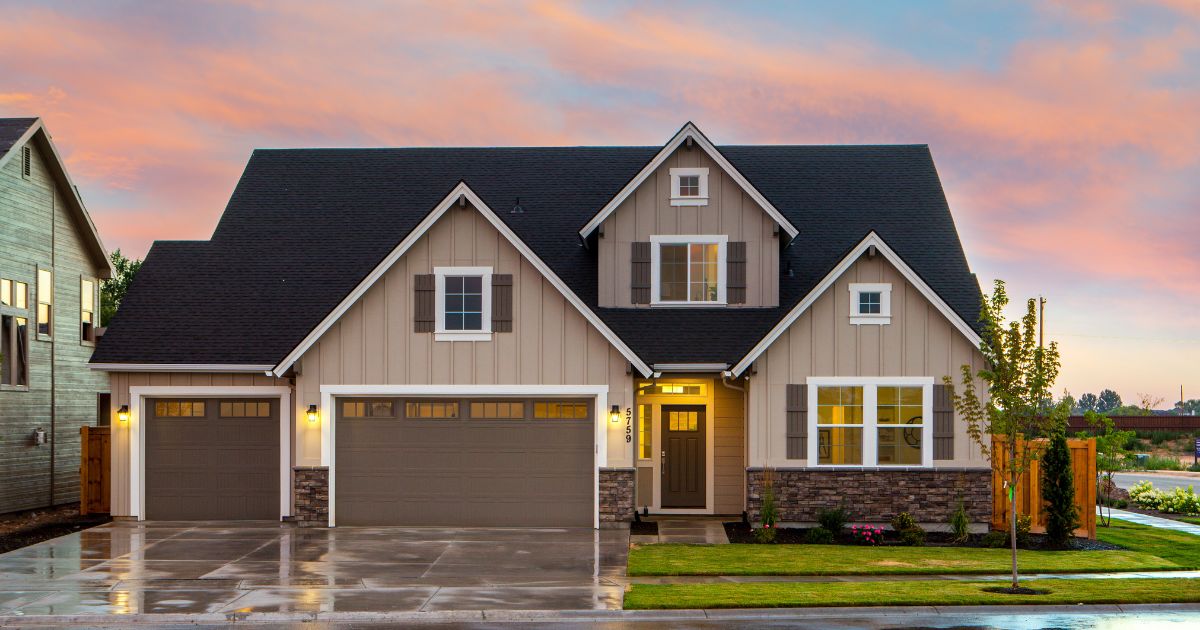Will I Lose My House Under Chapter 7 Bankruptcy?
June 2, 2023
Bankruptcy is a complex and emotional process, especially when your home is at stake. Chapter 7 bankruptcy is a legal process to relieve individuals struggling with overwhelming debt. While it can be effective in regaining financial stability, many homeowners worry about the potential loss of their homes when considering this option.
When filing for Chapter 7 bankruptcy, a trustee is appointed to administer the case. The trustee’s primary responsibility is to review the debtor’s assets, sell any non-exempt property, and distribute the proceeds to creditors according to priority. In most cases, however, debtors have few or no non-exempt assets, allowing them to keep their property while discharging their unsecured debts.
An automatic stay is imposed upon filing, which temporarily halts collection efforts by creditors, including foreclosure and repossession actions. Once the bankruptcy process is complete, typically within three to six months, the debtor receives a discharge, eliminating their legal obligation to repay the discharged debts. However, it is essential to note that certain types of debts, such as student loans, child support, and tax debts, are generally not dischargeable under Chapter 7 bankruptcy.
Equity is the difference between the market value of your home and the outstanding balance on your mortgage. If you have substantial equity in your home, it may be at risk of a Chapter 7 bankruptcy if it exceeds the allowed exemption amount. Depending on the applicable exemptions, the trustee may sell your home to pay off your creditors.
If you are behind on your mortgage payments, filing for Chapter 7 bankruptcy may not permanently stop a foreclosure. While the automatic stay temporarily halts the foreclosure process, your lender can request relief from the stay to proceed with the foreclosure. To keep your home, you must continue making mortgage payments and address any arrears.
If you are struggling to make your mortgage payments, you may be able to negotiate a loan modification with your lender. This involves adjusting the terms of your mortgage, such as lowering the interest rate or extending the repayment period, to make the payments more affordable. A successful loan modification can help you keep your home during and after bankruptcy.
To retain your home in a Chapter 7 bankruptcy, you must demonstrate that you can continue making mortgage payments. The court will review your income and expenses to determine if you have sufficient funds to cover your housing costs.
If your income is expected to increase shortly, you may be more likely to keep your home in a Chapter 7 bankruptcy. The court may consider it infeasible for you to maintain your mortgage payments if your finances do not improve.
Your debt-to-income ratio is essential in determining your ability to afford your mortgage payments. If your debt-to-income ratio is too large, the court may not allow you to keep your mortgage payments and may sell your home.
Bankruptcy Exemptions
Bankruptcy exemptions protect a certain amount of equity in your property from being used to pay off your debts. Depending on your state, you may be allowed to choose between federal and state exemptions or be required to use your state’s exemptions.
The homestead exemption protects a certain amount of equity in your primary residence from being sold to repay your creditors. The exemption amount varies by state; some states have more generous homestead exemptions than others.
Some states offer a wildcard exemption, which can be applied to any property, including your home. This exemption can be used in addition to the homestead exemption to protect your home equity further. However, not all states offer a wildcard exemption, and the amount varies by state.
Baltimore Chapter 7 Bankruptcy Lawyers at LeViness, Tolzman & Hamilton Can Help You Get Through Tough Financial Times
Deciding what type of bankruptcy to file can depend on your situation and will impact whether you can keep your house. To get answers, speak with our Baltimore Chapter 7 bankruptcy lawyers at LeViness, Tolzman & Hamilton. Call us at 800-547-4LAW (4529) or contact us online to schedule a free consultation.
We have offices in Baltimore, Glen Burnie, Lanham, and Owings Mills, allowing us to represent clients in Maryland, including those in Anne Arundel County, Baltimore County, Carroll County, Harford County, Howard County, Montgomery County, Maryland’s Western Counties, Prince George’s County, Queen Anne’s County, Southern Maryland, and the Eastern Shore, as well as the communities of Catonsville, Essex, Halethorpe, Middle River, Rosedale, Gwynn Oak, Brooklandville, Dundalk, Pikesville, Nottingham, Windsor Mill, Lutherville, Timonium, Sparrows Point, Ridgewood, and Elkridge.
